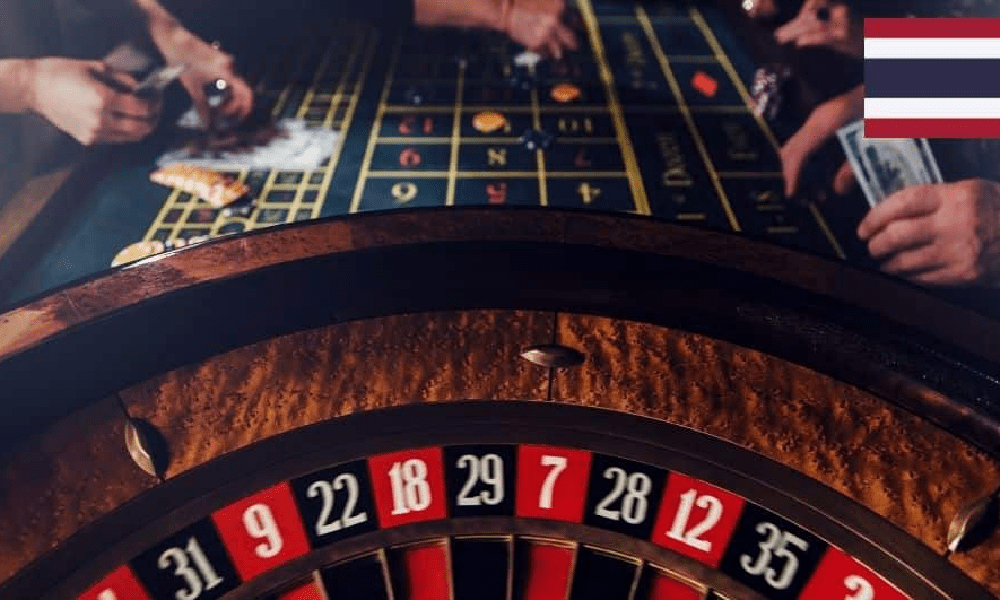


Given that Thailand has lost a lot of money due to the lack of foreign tourism for the most of the year, a Thai politician is advocating for the legalization of land-based casinos and online gambling in an effort to develop new tax income sources.
The Thai Civilized Party's Mongkolkit Suksintharanon announced earlier today that he would form a committee to look into the possibility of legalizing casinos as part of larger entertainment complexes.
The spread of gambling in Thailand has long been resisted by the country's legislators. The only types of gambling allowed in Thailand are wagering on horse races and government-run lotteries, according to the country's 1935 Gambling Act.
The country has had unusually high levels of gambling engagement despite long-standing bans. In 2019, more than half of the populace of the nation participated in gambling, whether it was legal or illegal, according to a survey conducted by the Thai Center for Gambling Studies and the Center for Social and Business Developments.
However, Mr. Mongkolkit noted that legalizing new kinds of gaming might bring in valuable tax revenue for the country as it struggles to recover from the effects of the Covid-19 outbreak.
The so-called "claw crane" machines, which could be seen at malls across Thailand, came under fire earlier this year when the Thai Interior Ministry declared them illegal under the terms of the Gambling Act because they were gambling tools used for wagering.
According to Mr. Mongkolkit, the country may earn between THB5 billion and THB6 billion ($160.9 million and $193.1 million) in annual taxes from the legalization of casinos and online gambling.
Despite Thailand's ban on internet gambling, the member pointed out that many offshore sites cater to Thai consumers, and those sites don't generate any tax money for the nation.
Regarding physical casinos, Mr. Mongkolkit advocates for their legalization within larger entertainment centers. In other regions of Asia, such as Macau, the Philippines, and South Korea, integrated resorts are very well-liked, and the idea behind them is very similar to those.
The Thai lawmaker claimed that in well-known tourist destinations like Bangkok, Phuket, Chiang Mai, Phitsanulok, Rayong, Nakhon Ratchasima, and Ubon Ratchathani, among others, the government could approve the construction of entertainment complexes with hotels, casinos, theme parks, and other attractions.
Thailand's economy is largely reliant on tourism, especially foreign visitors. This year, it suffered greatly, and according to some observers, it won't be able to recover unless foreign visitors are permitted to return.
According to Mr. Mongkolkit, the legalization of gambling and the tax money generated by various gambling-related enterprises could aid Thailand's economy in recovering.